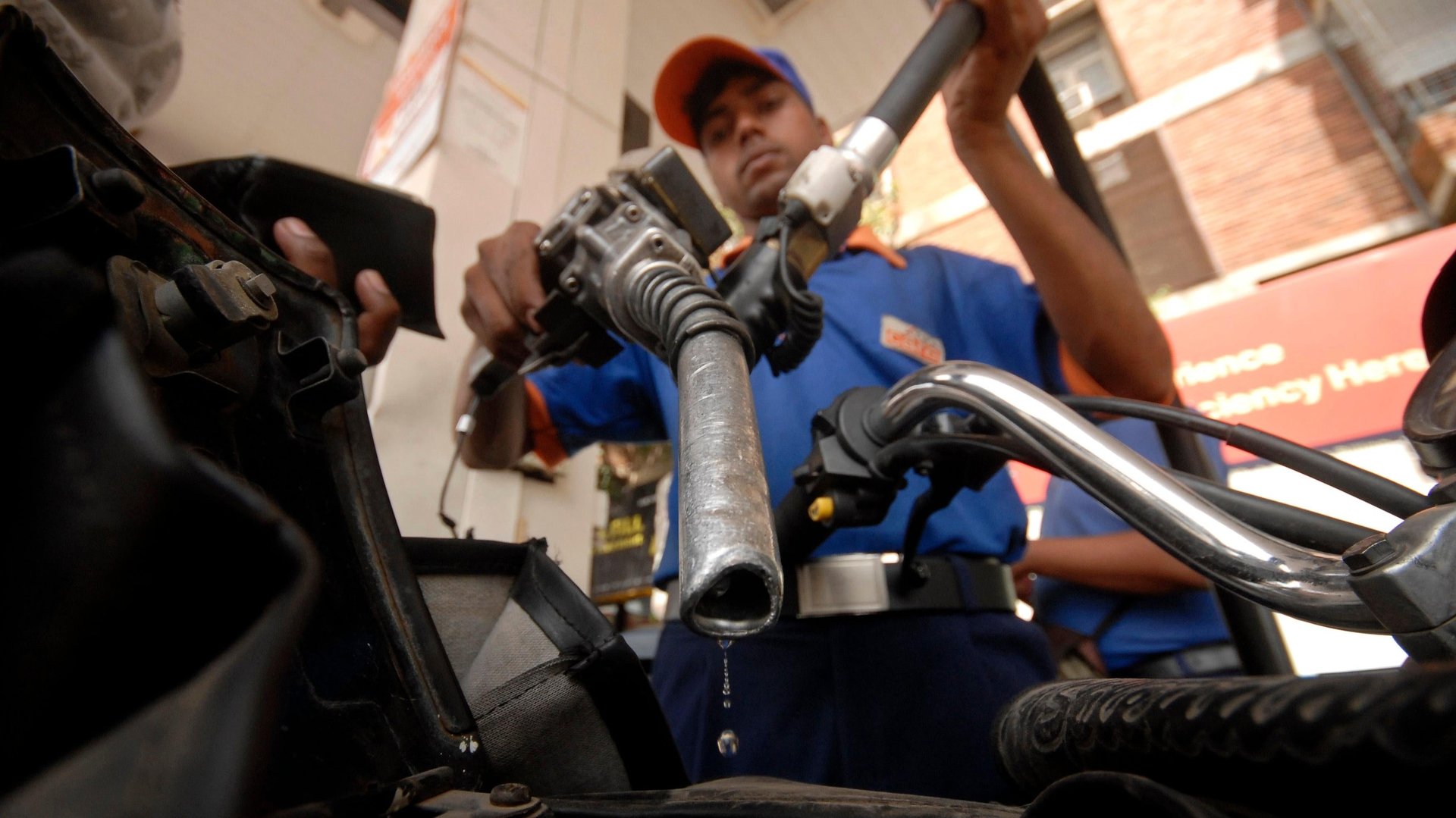India's demand for fuel hit a quarter-century high in February
Russian crude imports reached a record level of 1.6 million barrels per day

The demand for fuel in India rose to its highest level in at least 24 years in February, partly due to Russian oil imported at a hefty discount.
Fuel consumption rose by more than 5% to 4.82 million barrels per day last month, marking a 15th consecutive year-on-year rise, Reuters reported. The sale of petrol rose 8.9% year-on-year to 2.8 million tonnes and that of diesel by 7.5% to 6.98 million tonnes. The consumption of aviation fuel climbed more than 43% to 0.62 million tonnes.
This rise underlines strong consumption within India and refining Russian crude at a profit, according to Viktor Katona, the lead crude analyst at commodity analytics firm Kpler.
Russian crude imports at a record high
India’s Russian crude imports hit a record high in February at 1.6 million barrels per day, overshadowing the imports from Iraq and Saudi Arabia combined. From a mere 0.2% in February 2022, it has swollen to 35% in just a year since Russia invaded Ukraine.
Indian refiners, who seldom bought Russian oil because of costly logistics, have begun paying for Russian oil in dirhams through Dubai-based traders, instead of the US dollar.
This has eventually turned Russia into India’s key supplier of crude oil. Despite a price cap imposed by G7 nations on Russian oil in December last year, Indian refiners have been buying it at prices that cover even delivery. This is a win-win for India, which imports 85% of its fuel requirement, as well as G7.
Last month, Geoffrey R Pyatt, the US assistant secretary of state for energy, said India is snapping up Russian crude at about $15-a barrel discount, and this is “furthering the policy of our G7 coalition...in seeking to reduce Russian revenues.”
Government data suggests that India’s fuel demand is likely to increase by 4.7% in the coming financial year to 233.8 million tonnes from the revised estimate of 222.9 million tonnes for the ongoing fiscal year.
